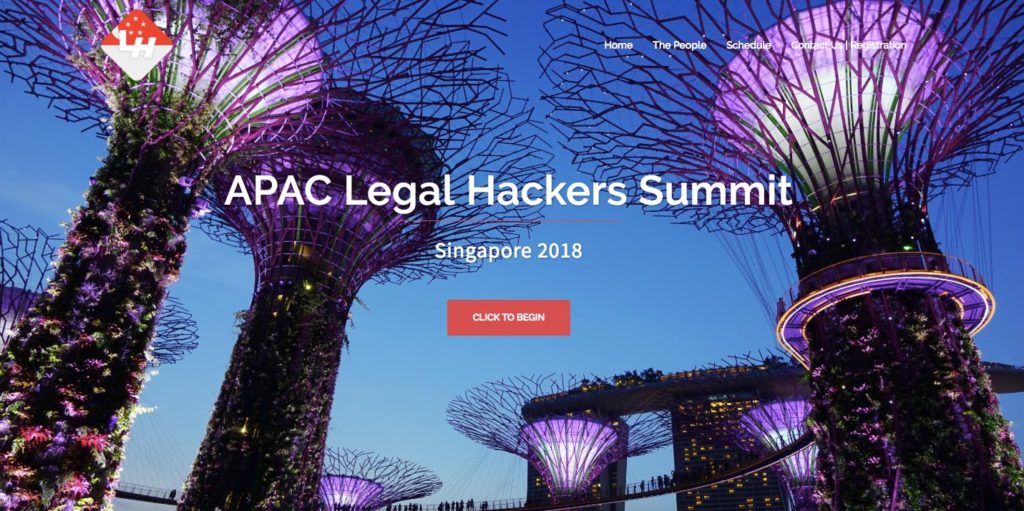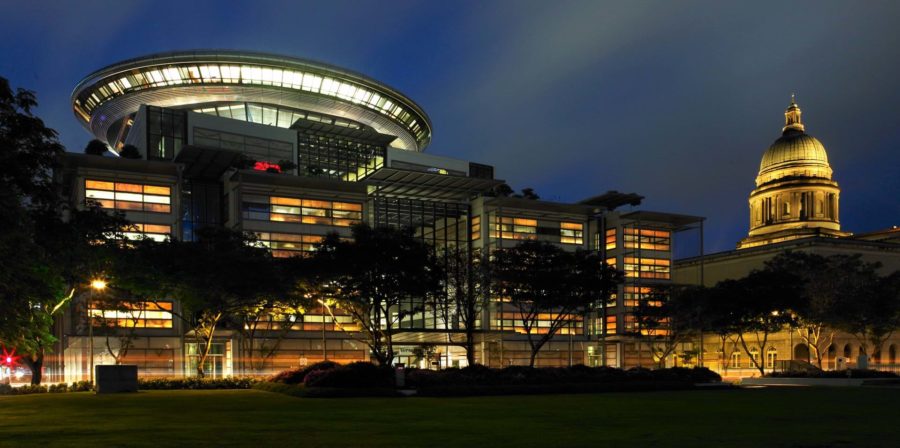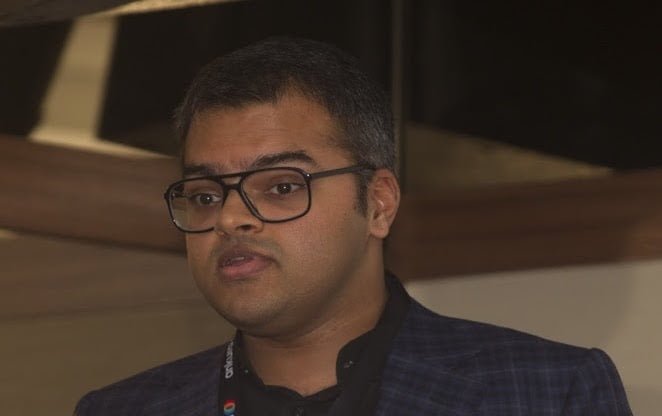Interview by Nisha Rajoo and Andrew Wong | Edited by Josh Lee
TechLaw.Fest 2019 will take place from 5 to 6 September 2019 in Singapore, bringing together the movers and shakers in the space of law and technology. In these few weeks leading up to TechLaw.Fest, the LawTech.Asia team will be bringing you regular interviews and shout-outs covering prominent speakers and the topics they will be speaking at TechLaw.Fest.
This week, LawTech.Asia received the exclusive opportunity to interview Jerrold Soh, a Lecturer of Law in the Singapore Management University (“SMU”) School of Law. Jerrold is also a co-founder of Lex Quanta, a Singapore-based legal analytics startup, in which he leads data science research and development.
At TechLaw.Fest 2019, Jerrold will be speaking on a panel titled, “A Review of the State of Legal Innovation in the Asia Pacific”, which features leading thought leaders who will be discussing the State of Legal Innovation in the Asia Pacific (“SOLIA”) 2019 Report, for which Jerrold served as the Chief Editor.






